Children of the Sun
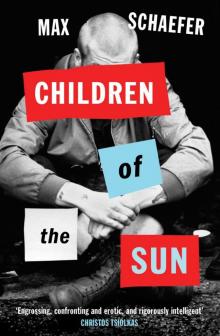

Author: Maxim Gorky
Category: Literature
Published: a long time ago
Series:
View: 190
Read OnlineI didn't read your books. I licked them, I rubbed them all over my naked body and licked them.
Protasov, detached and idealistic, wants only to immerse himself in chemical experiments to perfect mankind. He's more or less oblivious to the voracious advances of the half-crazed widow Melaniya and his best friend's unrelenting pursuit of his wife, let alone the cholera epidemic and the starving mob at his gates. While Nanny fusses round, Protasov's admiring circle, variously skeptical, romantic and lovesick, spar over culture and the cosmos. Only Liza, neurotic and patronized, feels the suffering of the peasantry and senses that their own privileged world is in jeopardy.**
Gone? They're everywhere. Have you heard about the riots? The starvation and the flagrant disregard of authority. This disregard is building walls and barriers between us all. And they are massing. The crowds of angry people. And the hate... the hate between us all... kills everything.
Written during the abortive Russian Revolution of 1905, Maxim Gorky's darkly comic Children of the Sun depicts the new middle-class, foolish perhaps but likeable, as they flounder around, philosophizing, yearning, or scuttling between test tubes, blind to their impending annihilation.
This is Andrew Upton's fourth English version of a play for the National by one of the great Russian masters, including his acclaimed adaptation of Gorky's Philistines.
Protasov, detached and idealistic, wants only to immerse himself in chemical experiments to perfect mankind. He's more or less oblivious to the voracious advances of the half-crazed widow Melaniya and his best friend's unrelenting pursuit of his wife, let alone the cholera epidemic and the starving mob at his gates. While Nanny fusses round, Protasov's admiring circle, variously skeptical, romantic and lovesick, spar over culture and the cosmos. Only Liza, neurotic and patronized, feels the suffering of the peasantry and senses that their own privileged world is in jeopardy.**
Gone? They're everywhere. Have you heard about the riots? The starvation and the flagrant disregard of authority. This disregard is building walls and barriers between us all. And they are massing. The crowds of angry people. And the hate... the hate between us all... kills everything.
Written during the abortive Russian Revolution of 1905, Maxim Gorky's darkly comic Children of the Sun depicts the new middle-class, foolish perhaps but likeable, as they flounder around, philosophizing, yearning, or scuttling between test tubes, blind to their impending annihilation.
This is Andrew Upton's fourth English version of a play for the National by one of the great Russian masters, including his acclaimed adaptation of Gorky's Philistines.
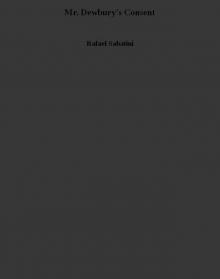 Mr. Dewbury's Consent
Mr. Dewbury's Consent Haunted
Haunted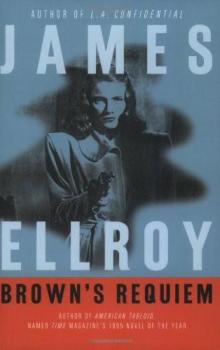 Brown's Requiem
Brown's Requiem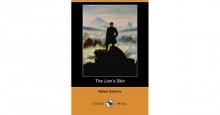 The Lion's Skin
The Lion's Skin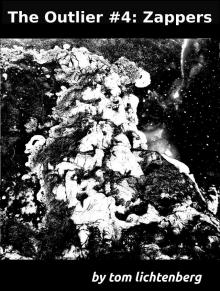 The Outlier #4: Zappers
The Outlier #4: Zappers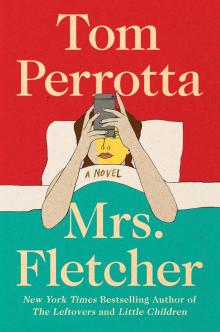 Mrs. Fletcher
Mrs. Fletcher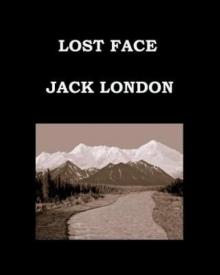 Lost Face
Lost Face Betrayal of Trust
Betrayal of Trust